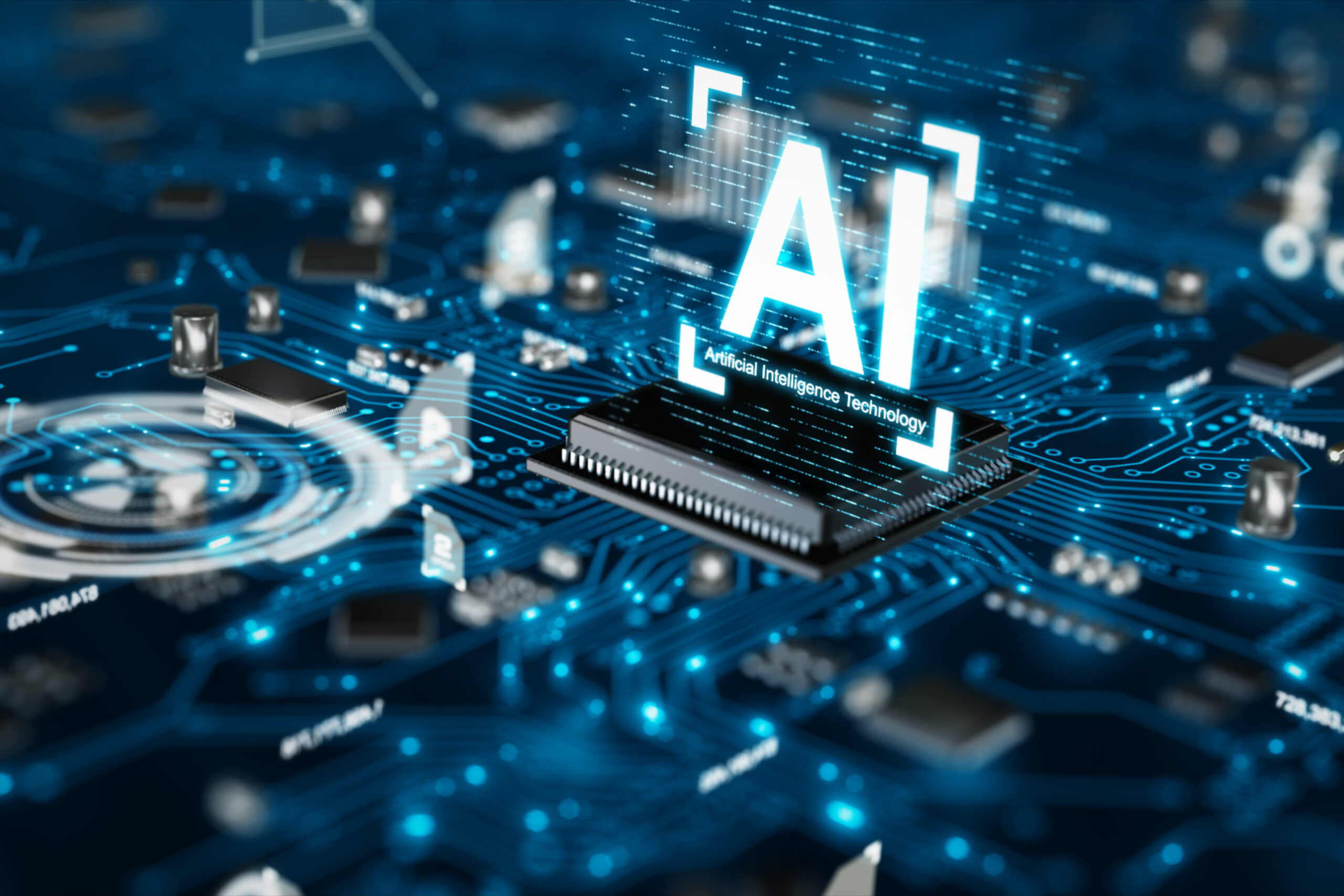Artificial intelligence (AI) has been making a significant impact on various industries, including healthcare, finance, and transportation. It has also been adopted as a powerful tool in the field of private investigations, enhancing and streamlining investigative processes while maintaining the indispensable role of human investigators. While AI is becoming an indispensable investigation aid, it is important to understand the benefits of AI in supporting contemporary private investigations and how it complements, but does not replace, the expertise and judgment of human professionals.
The Role of AI in Private Investigations
Leave no doubt. AI has the potential to revolutionize the way private investigations are conducted. With advancements in machine learning, natural language processing, and data analysis, AI systems can efficiently sort through vast amounts of data and identify patterns that might be otherwise missed by human investigators. Some of the ways AI can benefit private investigations include:
- Data analysis and pattern recognition: AI can quickly analyze large datasets, such as social media data, financial transactions, or communication records, and identify suspicious patterns or connections. This information can then be used by human investigators to develop leads and build a stronger case.
- Facial recognition and biometric analysis: Advanced AI algorithms can accurately analyze images and videos to recognize faces and other unique identifiers, such as tattoos or scars. This technology can help investigators quickly identify persons of interest and track their movements.
- Predictive analysis: AI can analyze past behavior to predict future actions or trends, enabling investigators to anticipate and respond to potential threats proactively.
- Language translation and sentiment analysis: AI can automatically translate and interpret various languages, making it easier for investigators to access and analyze global information sources. Sentiment analysis can also help investigators understand the emotions behind specific pieces of content, such as social media posts or emails.
- Cybersecurity: AI-powered cybersecurity tools can protect sensitive information and detect potential threats, such as hacking attempts, phishing attacks, or malware.
Despite these advantages and obvious privacy concerns, AI is not a standalone solution for private investigations, and there remains a critical need for human investigators.
The Indispensable Role of Human Investigators
While AI can provide valuable support, it cannot replace the expertise, intuition, and creativity of human investigators. There are several reasons why human investigators are still essential in the private investigation process:
- Ethics and privacy concerns: AI systems have the potential to infringe on individual privacy rights, leading to ethical concerns. Human investigators can ensure that investigations are conducted in a responsible and lawful manner, respecting privacy and upholding ethical standards.
- Context and nuance: AI algorithms can sometimes struggle to understand context or nuances in human communication, leading to incorrect conclusions. Human investigators are better equipped to interpret complex situations and make informed judgments based on experience and intuition.
- Emotional intelligence and empathy: AI systems lack emotional intelligence, which is crucial in building rapport with clients and witnesses. Human investigators can empathize with the people involved in a case, leading to more effective communication and information gathering.
- Adaptability: AI systems are designed to work within specific parameters and can struggle when faced with unexpected situations or new information. Human investigators can adapt their approach on-the-fly, adjusting their strategy to address new developments.
- Creativity and problem-solving: AI systems are limited by the data and algorithms they are built upon, which can limit their ability to think outside the box. Human investigators can use creative problem-solving techniques to find unconventional solutions to investigative challenges.
AI can undoubtedly enhance private investigations by providing valuable support and increasing efficiency. However, it is not a replacement for human investigators, who possess unique skills and expertise that cannot be replicated by machines. By embracing AI as a tool rather than a replacement, private investigators can leverage the best of both worlds, maximizing their effectiveness and delivering superior results for their clients. The contemporary investigator needs to embrace AI as an investigative tool while fully understanding its biases and limitations.
